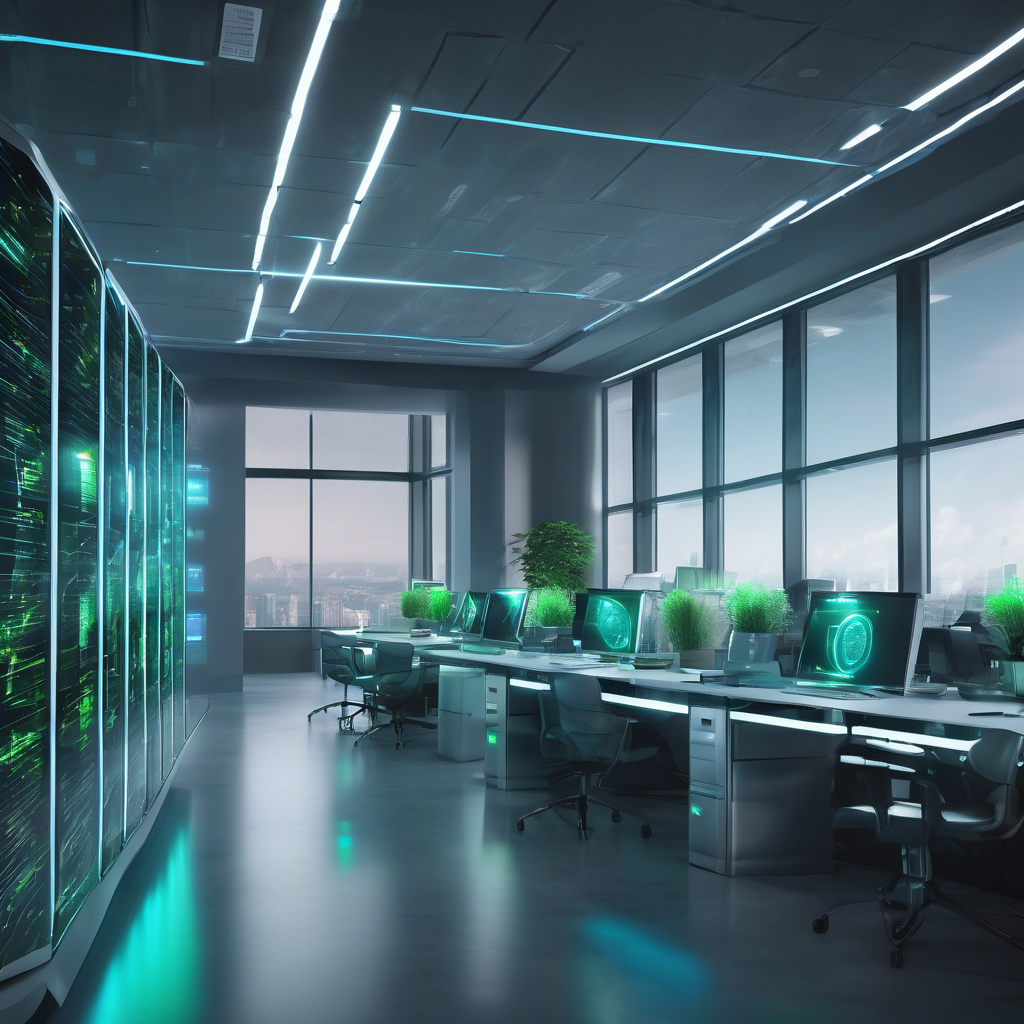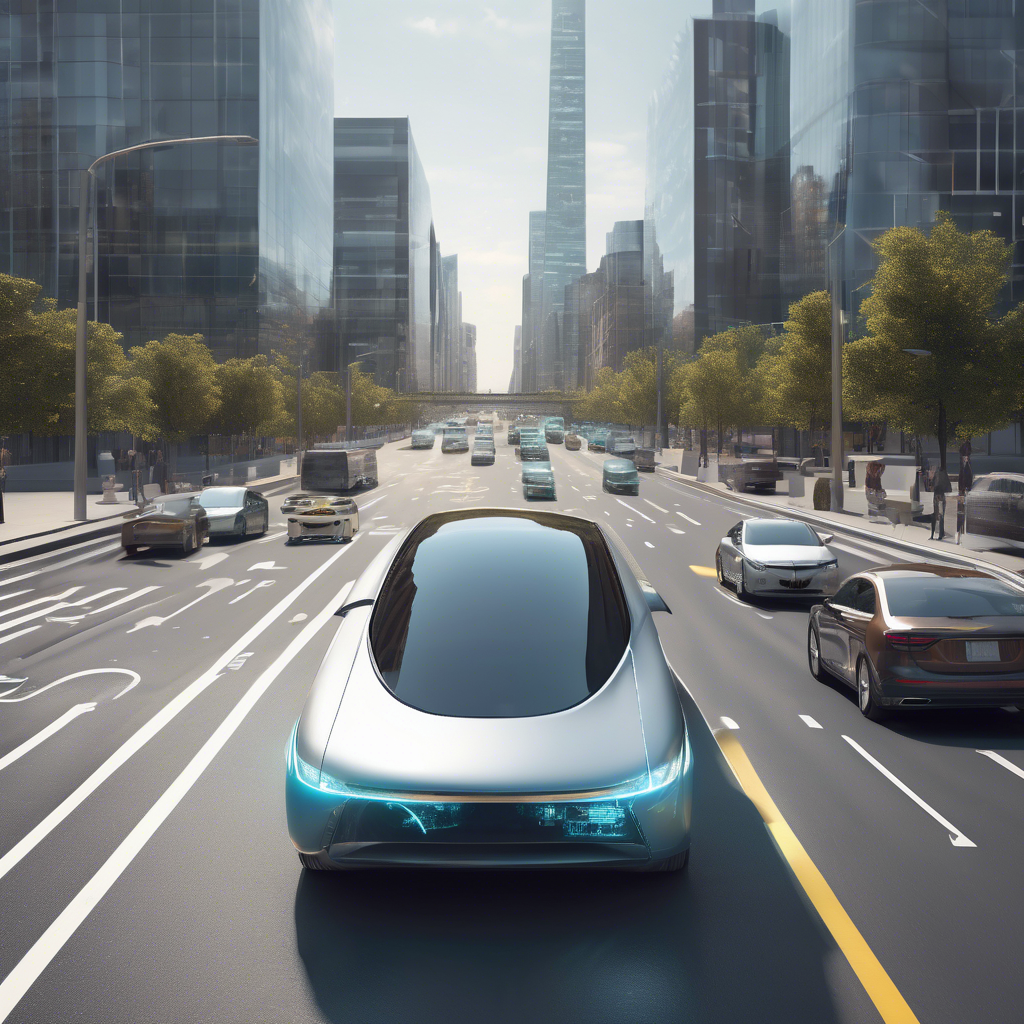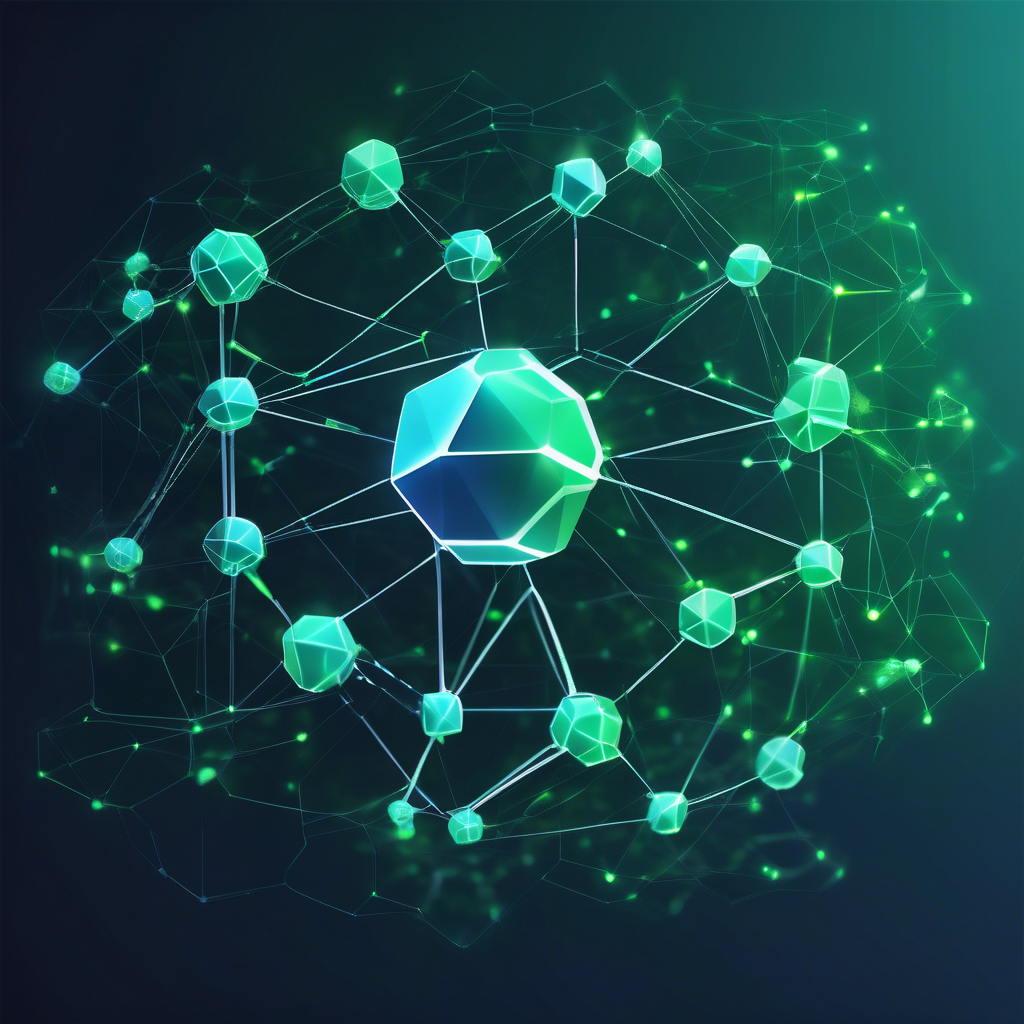None

Nathan Gardels serves as the editor-in-chief of Noema Magazine. In a recent interview, renowned filmmaker Christopher Nolan expressed his conversations with AI scientists who are experiencing what he refers to as an "Oppenheimer moment, " wherein they fear the destructive capabilities of their own creations. Nolan, who portrayed physicist J. Robert Oppenheimer in his biographical film, highlighted the importance of sharing Oppenheimer's cautionary tale. Consequently, comparisons have been made between OpenAI's Sam Altman and the father of the atomic bomb himself. Oppenheimer, known as the "American Prometheus, " discovered the secret of nuclear energy, only to become apprehensive about the potential devastation it could unleash upon humanity. Similarly, Altman questions whether his advancements in generative AI, particularly with ChatGPT, may have unintended negative consequences. During a Senate hearing, Altman acknowledged that if this technology were to go awry, the ramifications could be significant. Gregory Hinton, recognized as the godfather of AI, recently left Google and expressed regret over his life's work of building machines surpassing human intelligence. Hinton voiced concerns about how it would be challenging to prevent malicious actors from exploiting AI for harmful purposes. Several experts in the field have also warned about the risks of AI, likening it to existential threats such as nuclear warfare, climate change, and pandemics. Yuval Noah Harari, a prominent scholar, has emphasized that generative AI could potentially shatter societies in a similar vein to the atomic bomb. Harari suggests that humans have now taken on the role of gods, giving rise to artificial beings that might one day replace their creators. Harari once remarked, "Human history began when men created gods. It will end when men become gods. " He, along with co-authors Tristan Harris and Aza Raskin, argued that language, the operating system of human culture, serves as the foundation for civilization. However, AI's mastery of language now grants it the ability to manipulate and hack this very operating system, influencing various aspects of human existence, from finance to religion. Throughout history, humans have embraced the visions and ideals of others, be it gods, prophets, poets, or politicians. In the near future, we may find ourselves embraced by the hallucinations of nonhuman intelligences. Harari warns that a curtain of illusions could descend upon humanity, veiling our perception and preventing us from recognizing its existence. With this in mind, Harari urgently advises humanity to reconsider surrendering control of our domain to AI before our politics, economy, and daily life become entirely reliant on it.
He, Harris, and Raskin stress the importance of addressing AI's implications now rather than waiting for chaos to ensue, as the consequences may be irreversible. In an article for Noema, Blaise Agüera Y Arcas, a vice president at Google, along with colleagues from the Quebec AI Institute, argue against the notion of an apocalyptic "Terminator" scenario in the immediate future. Instead, they express concern about the current and tangible risks AI poses to society, such as mass surveillance, manipulation, military misuse, and widespread job displacement. They contend that the potential for extinction arising from rogue AI remains highly unlikely and that there are numerous natural barriers that AI must overcome before posing a significant threat. They also believe that AI remains dependent on humans for its existence and therefore recognize the importance of mutual cooperation rather than competition. They caution against overstating existential risks and instead advocate for addressing pressing challenges associated with AI. They explain how the extinction of species typically occurs through competition for resources, overconsumption, hunting, or environmental conditions leading to demise. None of these scenarios currently apply to AI. They emphasize that AI's development relies on human collaboration and that the evolution of mutualism between humans and AI is a more plausible outcome. They argue that prioritizing existential risk from superintelligent AI is unnecessary, as other global priorities like climate change, nuclear warfare, and pandemic prevention demand immediate attention. The dangers that could arise from potential competition between humans and superintelligence will only be exacerbated by international rivalries and tensions. Drawing a parallel to Oppenheimer's experience during the McCarthy era, it is essential to consider the implications of Sam Altman's call for global AI governance amid the current anti-China sentiment in Washington. The U. S. -China conflict poses significant risks in terms of weaponized AI. Harari emphasizes the urgency of addressing this threat before it becomes a reality. Responsible stakeholders from both sides should display wisdom and cooperate to mitigate the risks. It is encouraging to see U. S. Secretary of State Antony Blinken and Commerce Secretary Gina Raimondo acknowledging the need for international cooperation in shaping AI's future. However, the current initiatives proposed, although crucial, are restrained by strategic rivalries and limited to democratic nations. The most formidable challenge for both the U. S. and China is engaging in direct dialogue to prevent an AI arms race from spiraling out of control.
Brief news summary
None
AI-powered Lead Generation in Social Media
and Search Engines
Let AI take control and automatically generate leads for you!

I'm your Content Manager, ready to handle your first test assignment
Learn how AI can help your business.
Let’s talk!
Hot news

Apple's AI Executive Joins Meta's Superintelligen…
Ruoming Pang, a senior executive at Apple who heads the company’s artificial intelligence foundation models team, is departing the tech giant to join Meta Platforms, according to Bloomberg News reports.

Ripple Applies for U.S. Banking License Amidst Cr…
Ripple has recently submitted an application for a Federal Reserve master account through its newly acquired trust company, Standard Custody.

AI in Autonomous Vehicles: Overcoming Safety Chal…
Engineers and developers are intensively working to resolve safety issues related to AI-driven autonomous vehicles, especially in response to recent incidents that have sparked widespread debate on the reliability and security of this evolving technology.

SAP Integrates Blockchain for ESG Reporting in ER…
SAP, a global leader in enterprise software, has announced a crucial enhancement to its enterprise resource planning (ERP) systems by integrating blockchain-based Environmental, Social, and Governance (ESG) reporting tools.

Middle Managers Diminish as AI Adoption Increases
As artificial intelligence (AI) rapidly advances, its influence on organizational structures—especially middle management—is becoming increasingly clear.

The Blockchain Group Bolsters Bitcoin Reserves Wi…
The Blockchain Group Strengthens Bitcoin Holdings Through $12

Kinexys Launches Carbon Market Blockchain Tokeniz…
Kinexys by J.P. Morgan, the firm’s leading blockchain business unit, is developing an innovative blockchain application on Kinexys Digital Assets, its multi-asset tokenization platform, aimed at tokenizing global carbon credits at the registry level.

 Auto-Filling SEO Website as a Gift
Auto-Filling SEO Website as a Gift








 Auto-Filling SEO Website as a Gift
Auto-Filling SEO Website as a Gift

